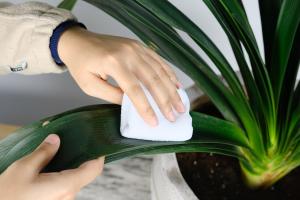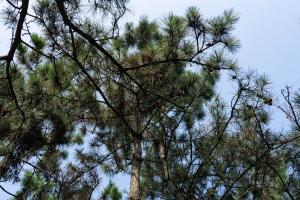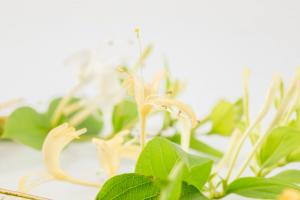Introduction
When it comes to planting apple trees, one important consideration is whether they should be planted in sun or shade. This is a crucial factor that can ultimately affect the growth, yield, and overall health of the apple trees. In this article, we will explore the benefits and drawbacks of planting apple trees in sun or shade and provide expert recommendations for optimal growth and development.
Benefits of planting apple trees in sun
Planting apple trees in sun has several advantages. Firstly, sun provides the energy required for photosynthesis, a process that is essential for plant growth and development. A fully exposed, sun-drenched site allows plants to receive this energy throughout the day and for longer periods of time, resulting in the production of more carbohydrates and a higher overall energy supply for the tree. Secondly, sunlight can help prevent disease and pests from taking hold in apple trees as it aids in drying out damp conditions, which can be a breeding ground for disease and pests. Finally, sunlight can help increase the size and quality of the apple crop.
Drawbacks of planting apple trees in sun
While sun is beneficial for apple trees, there are some potential drawbacks that should be taken into consideration. In hotter and drier climates, prolonged exposure to sunlight can result in water loss and ultimately lead to drought stress. This can be especially problematic if there are periods of limited rainfall. Another disadvantage of planting apple trees in sun is the increased risk of sunscald. This occurs when sudden changes in temperature cause damage to the tree bark, which can weaken or kill the tree.
Benefits of planting apple trees in shade
Planting apple trees in the shade can have some advantages too. For starters, a partially shaded site can help protect the tree from prolonged periods of hot sun exposure, which can result in drought stress or sunscald. Shade can also create a cooler microclimate for the tree, reducing the rate of water loss and making it more tolerant to periods of heat and drought. In addition to these benefits, planting apple trees in the shade can also encourage more vigorous vegetative growth as trees prioritize growing more leaves and branches over fruit production. This can help make the tree more resilient and stronger overall.
Drawbacks of planting apple trees in shade
While planting apple trees in the shade can bring some benefits, there are also drawbacks. Trees that receive less sunlight may produce fewer carbohydrates, which can result in reduced growth and yield. In addition, trees grown in shade may be more susceptible to pests and disease, as the damp conditions can create a more hospitable environment for pathogens to thrive. Moreover, trees that are grown in shade tend to have a weaker structure, which may make them more vulnerable to damage during high winds or heavy snowfall.
Recommendations for planting apple trees
Given these considerations, it is generally recommended that apple trees be planted in sun. To maximize the benefits of sunlight and minimize the drawbacks, it is best to choose a site that gets plenty of sun exposure but also has some protection from hot afternoon sun. If you live in a hot and dry climate, it may be helpful to provide additional water or even use a shade cloth during hotter periods. In addition to good sun exposure, it is also important to select disease-resistant apple tree varieties and to practice good orchard management techniques, such as regular pruning, monitoring for pests and disease, and providing adequate nutrients.
Conclusion
The decision to plant apple trees in sun or shade ultimately depends on climate, microclimate, and other site-specific factors. While both options have their benefits and drawbacks, it is generally best to plant apple trees in sun to maximize growth, yield, and overall health. With proper management and care, apple trees can thrive in sunny conditions, producing delicious and healthy fruit for years to come.

 how many times do yo...
how many times do yo... how many planted tre...
how many planted tre... how many pine trees ...
how many pine trees ... how many pecan trees...
how many pecan trees... how many plants comp...
how many plants comp... how many plants can ...
how many plants can ... how many plants and ...
how many plants and ... how many pepper plan...
how many pepper plan...































